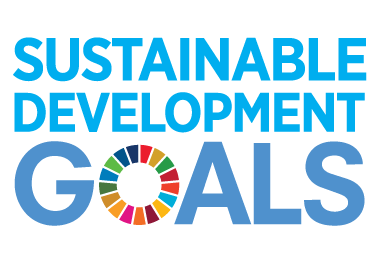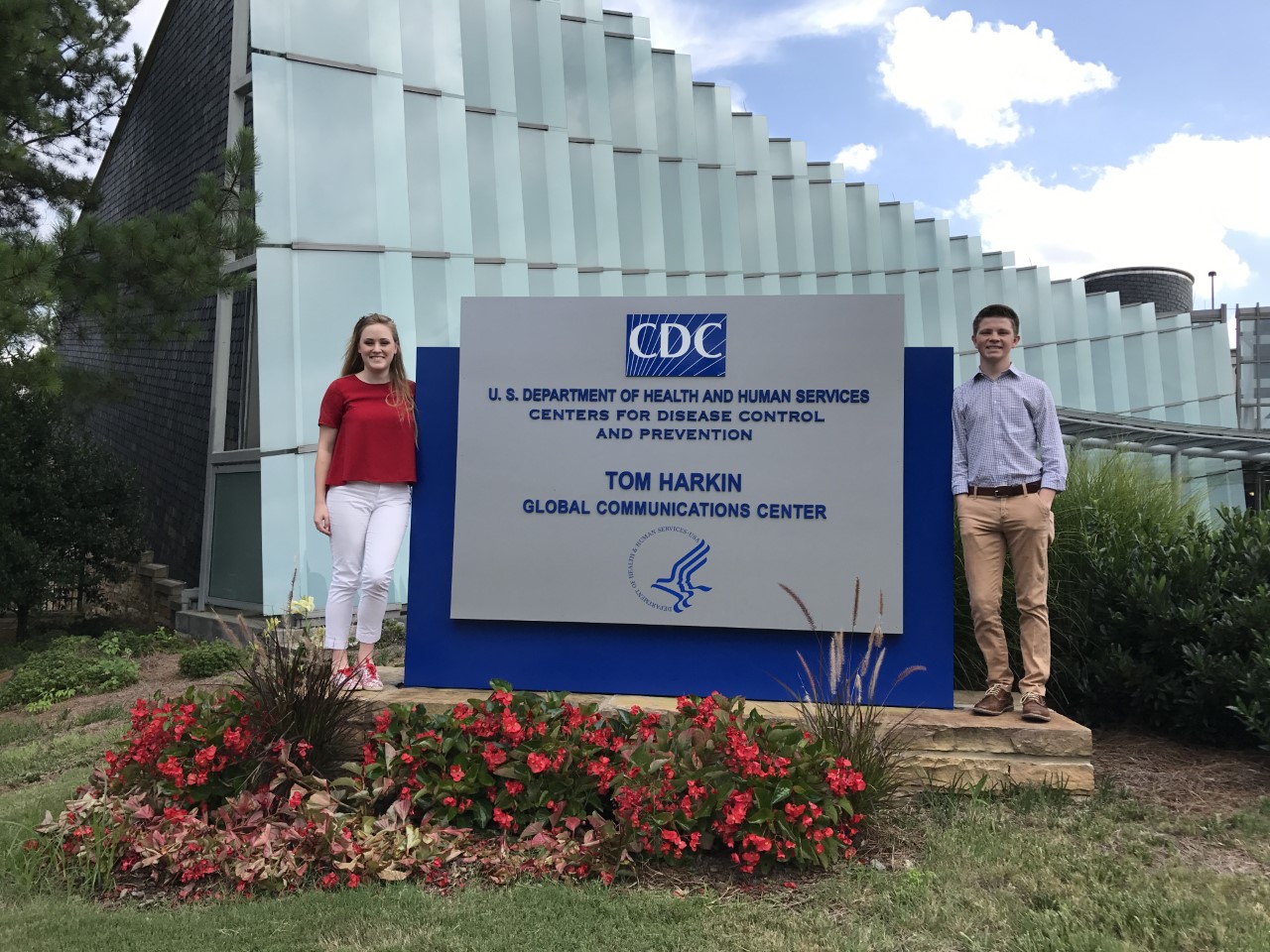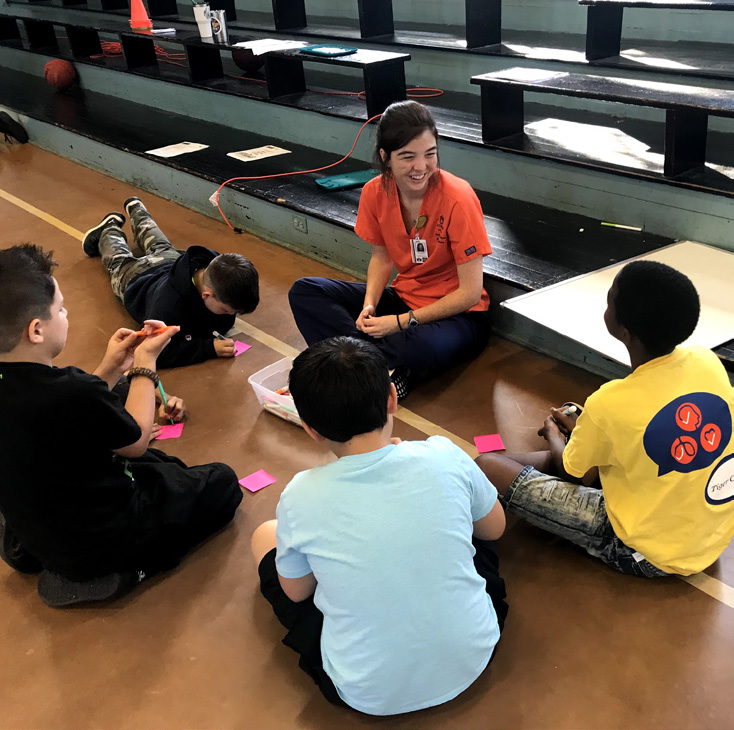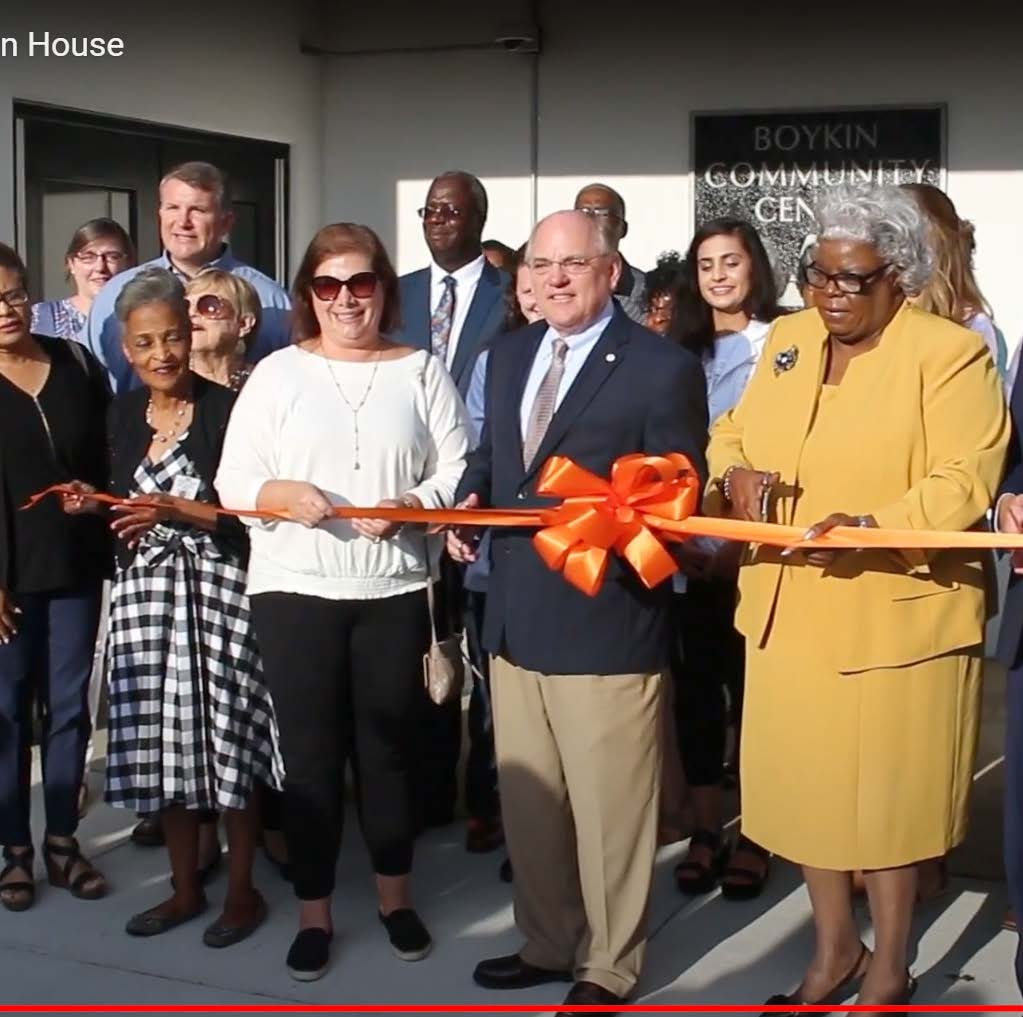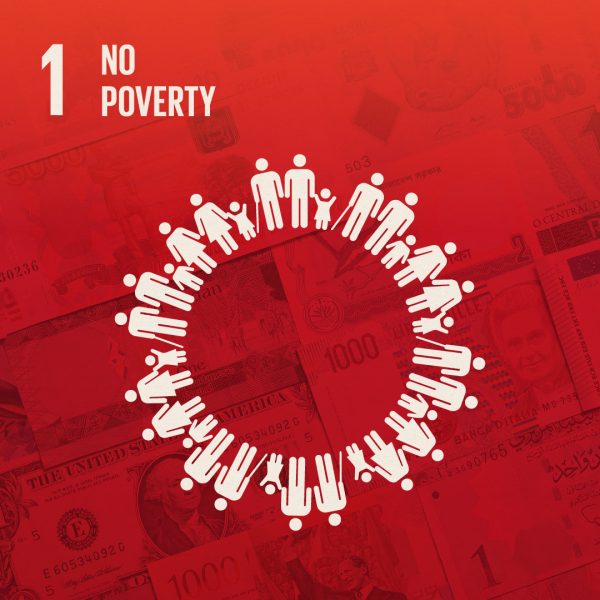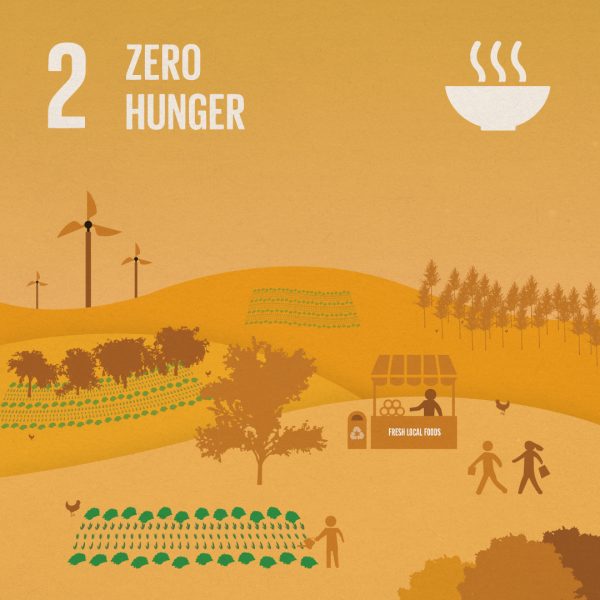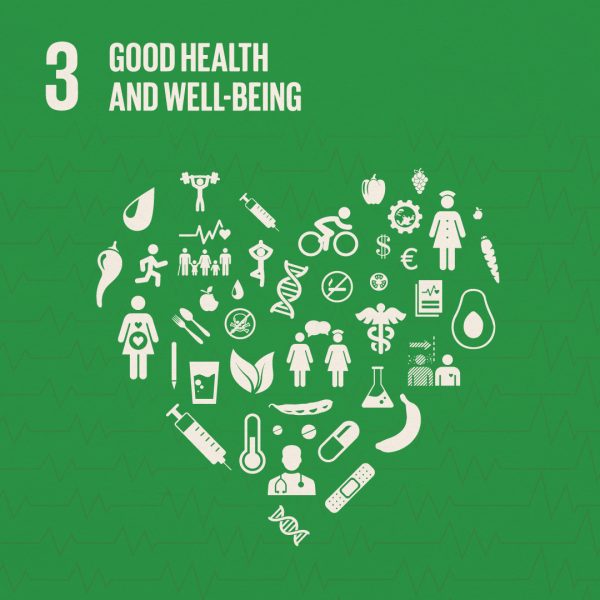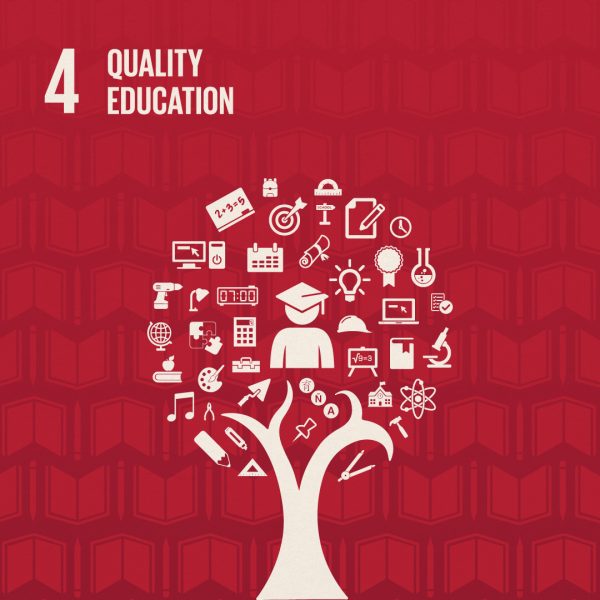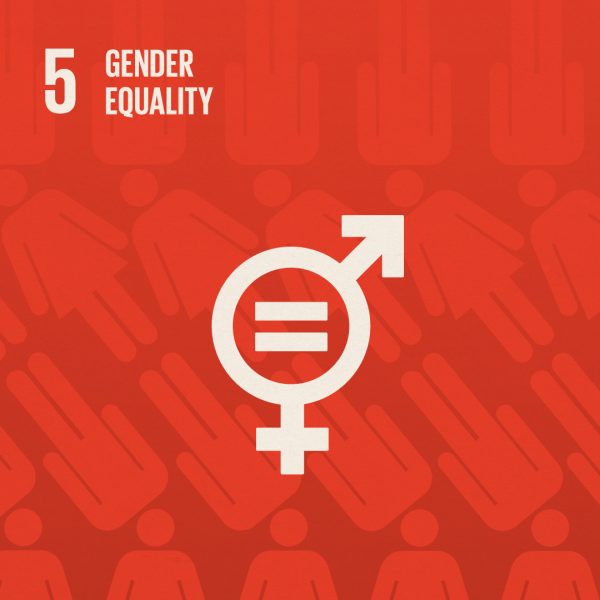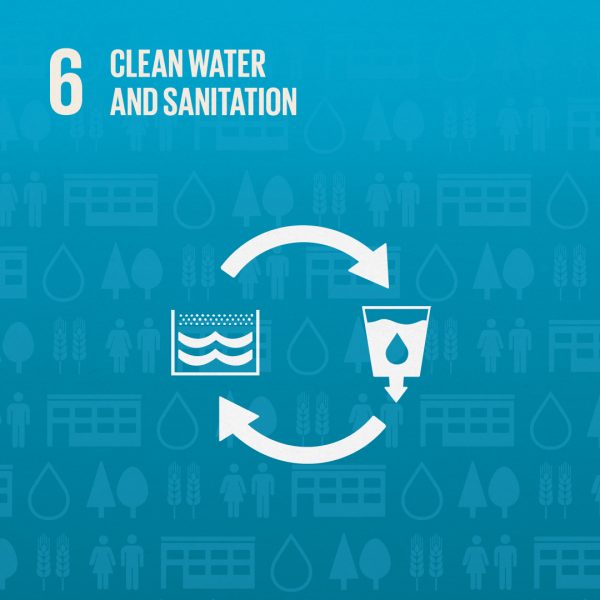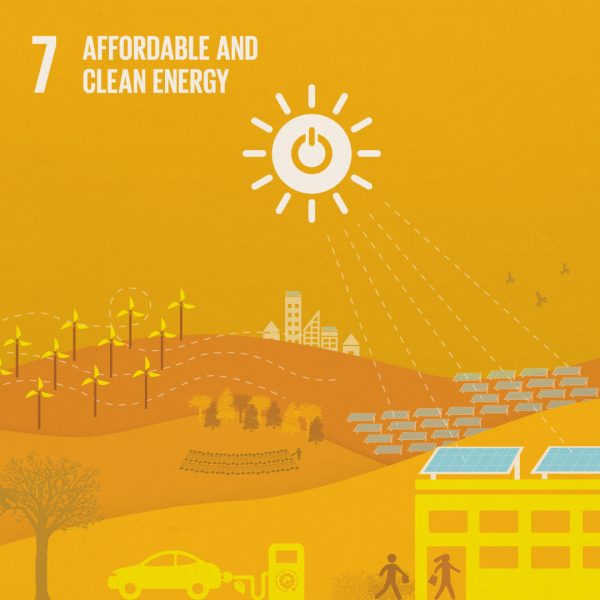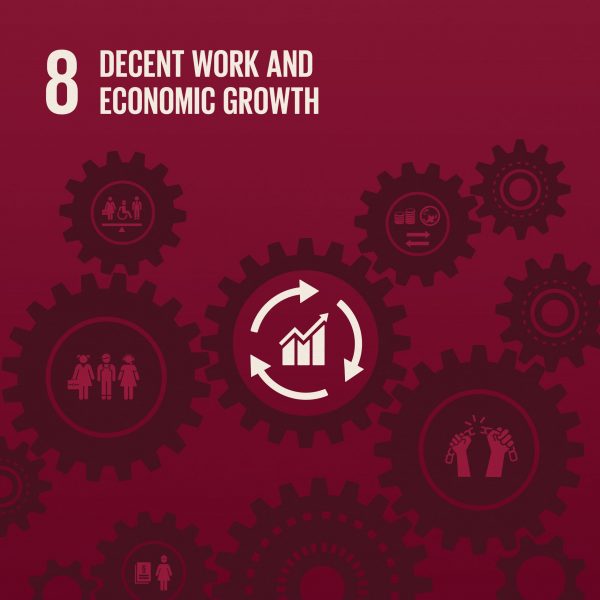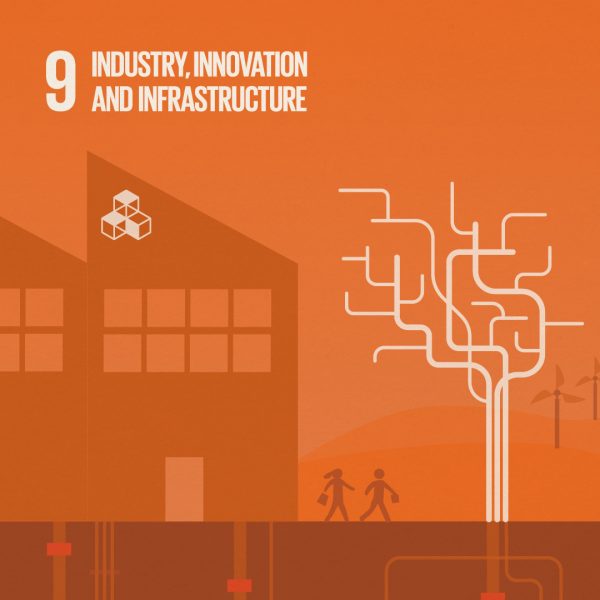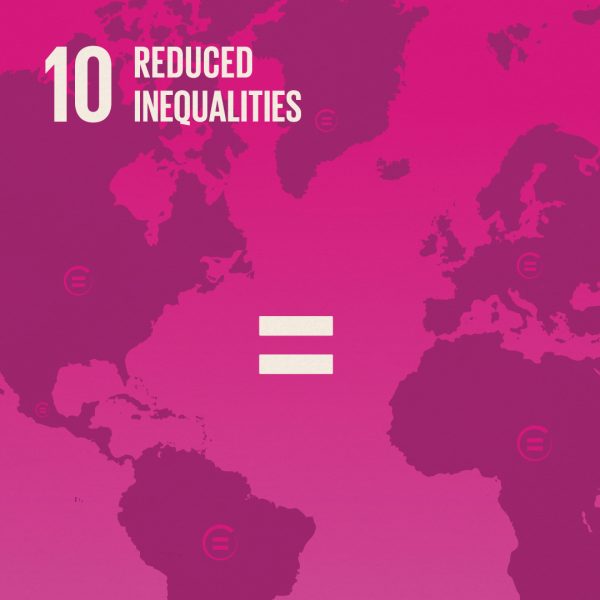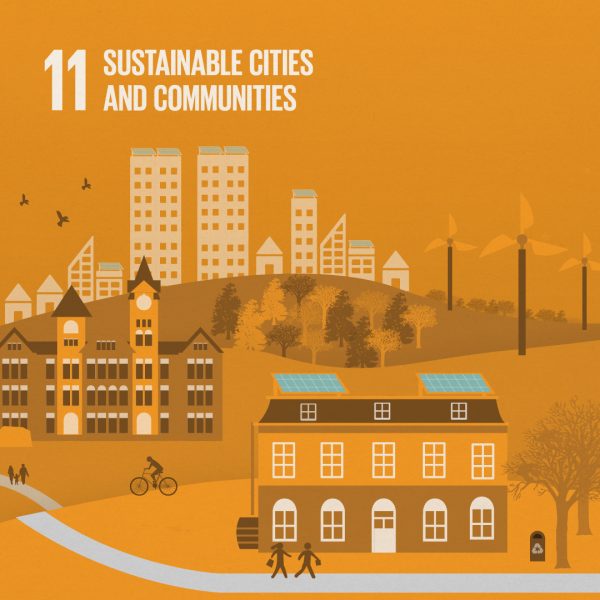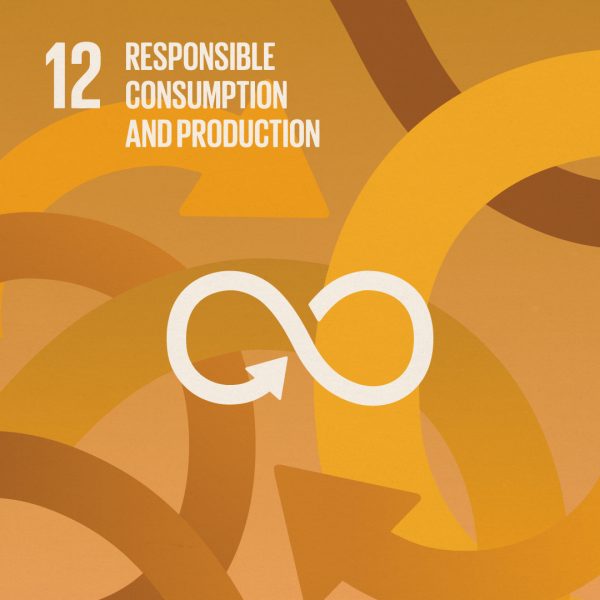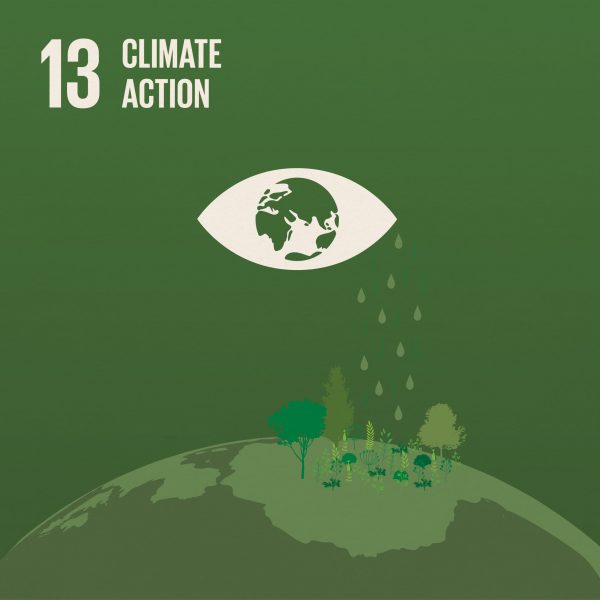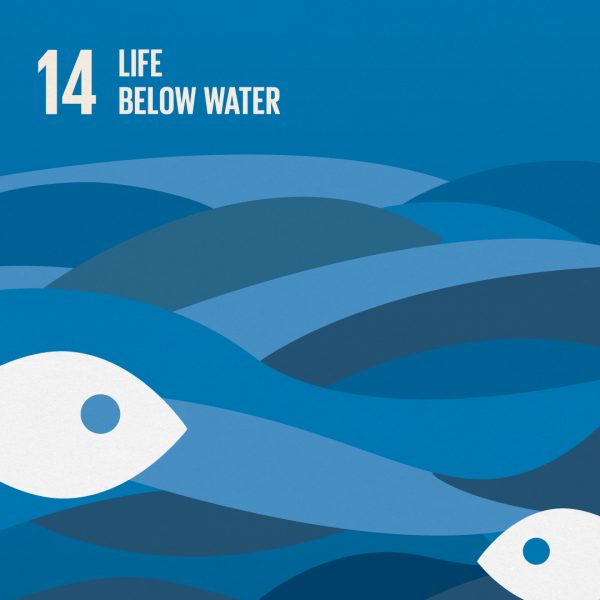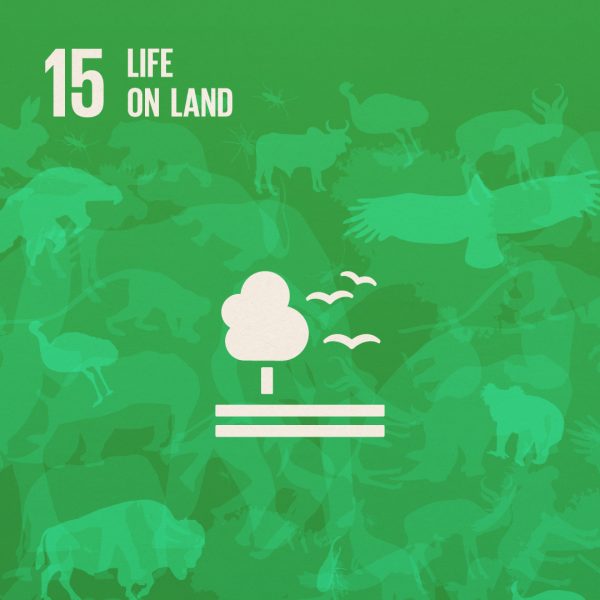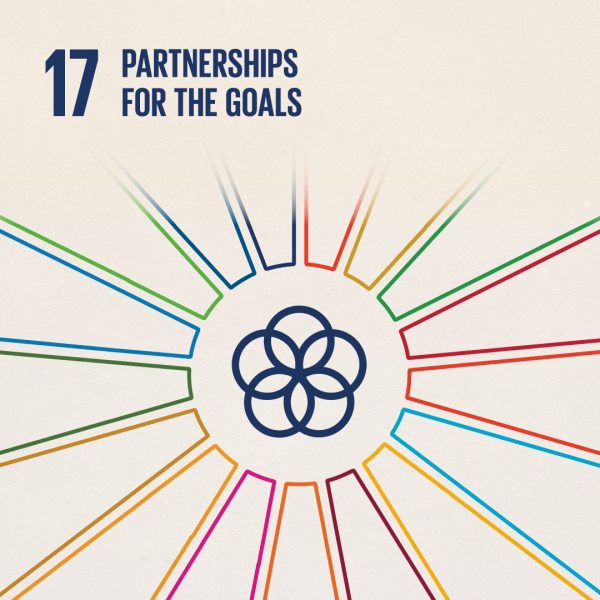By Hannah Schwartz Reducing waste is a cornerstone of sustainable practice for universities worldwide. By minimizing their ecological footprint, institutions not only contribute to a cleaner, healthier environment but also demonstrate a commitment to responsible stewardship. From conserving natural resources to saving costs and inspiring future generations, waste reduction in…
By Bella Wright* Graduation is right around the corner! While we celebrate fellow graduates, let’s keep in mind these tips to help sustain the Loveliest Village on the Plains! Looking to jazz up your graduation photos? Embark on a fun D.I.Y craft to create your own confetti by hole-punching dried…
“Health is a state of complete physical, mental and social well-being and not merely the absence of disease or infirmity.” World Health Organization. One of the most important outcomes of the COVID pandemic across the United States and beyond has been the realization that the health and well-being of people…
By Bella Wright “Find where there’s a need, and go meet that need” ~ EL Spencer This philosophy is what led Blake Butcher to where he is today: Auburn University. Blake began his work in the Auburn community as a personal trainer. Over the span of fifteen years, Blake and his wife…
By Binita Mahato A stroll through Town Creek Park, Auburn AL in Spring 2023 (credit: author) I vividly remember my parents visiting from India last spring. Every weekend, we would stroll in one of the parks in Auburn. For me, this was an everyday activity. For my parents, however, it…

